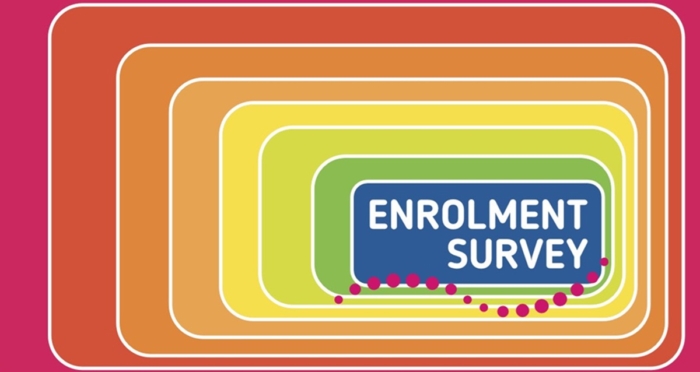Earlier this year, UCAS shared plans to reform the personal statement to a series of questions. You can read UCAS’ Future of Undergraduate Admissions report here.
It was clear from our most recent Recruitment and Admissions Forum that there is a multiplicity of uses of personal statements and views on their reform within the Engineering Academics network. None the less, the EPC presented an engineering-lens executive response.
EPC response (April 2023)
along with the reason for their inclusion.
In addition, personal statements (and the reference) serve a specific purpose for those applying to a subject they have not studied at school for which there are only proxy (predicted) grades.
statement?
on allowing students to submit different responses for each of their application choices?
Without separate applications, this puts applicants in an invidious position where they cannot address their particular interest in one branch of Engineering without potentially alienating others to which they have applied. We would recommend that applicants complete a single statement as a default, but if they want, they can edit it for certain of their five choices. There should be brief guidance on the circumstances under which that may be worthwhile. This would hopefully allow flexibility to customise without creating the expectation that applicants feel they need to produce five customised statements which would add to the complexity and anxiety of the process rather than relieve it.
The EPC would welcome sight of UCAS analysis of the distribution of applications across disciplines by Engineering applicants (who we imagine do not commonly apply to other subject lines – again, the UCAS data on this would be helpful to our understanding of the implications for engineering).
However, a simple tariff score may be do more harm than good. Grades on entry needs also to be supplemented with information either broken down by subjects (or at least with the most common subjects listed). This is particularly important for Engineering because there is no A level in Engineering, which can make the potential range of pathway courses harder to navigate. This leads to assumptions about Maths and Physics being essential, which in some universities they are, but in others they are not. The assumed requirement for Physics in particular acts as a deterrent to addressing the underrepresentation of women in Engineering as the pool of female students studying Physics at Level 3 is already small.
For some Engineering courses, an Art, Design or Computer Science qualification may be just as suitable as Physics, but these critical differences in approach and emphasis will not be apparent unless the entry grades data gives some subject information too.
The EPC would also encourage UCAS to consider carefully how mixed qualifications may best be addressed in the context of entry grades, especially if the information is personalised to the student. For example, our own recent analysis suggested that a high proportion of BTEC accepts to Engineering also had A level Maths. An engineering applicant needs to know this if they are a BTEC student not studying A level Maths.
UCAS should also consider how to deal with new qualifications – most obviously T levels (in which Engineering can be studied).
Information on contextual offers is not currently widely and easily available to students from all providers and UCAS can address this through these reforms. Transparency about entry conditions, along with how offers and decisions are made, can only be achieved if this information is provided.
Previous access grades would be best presented as a scattergram (or at least min, max mode), rather than the average or range, to highlight exceptions clearly. (e.g. students with 3Bs applying to a course where only one person was accepted with 3 Bs should be aware that this was an exception, not the rule).




